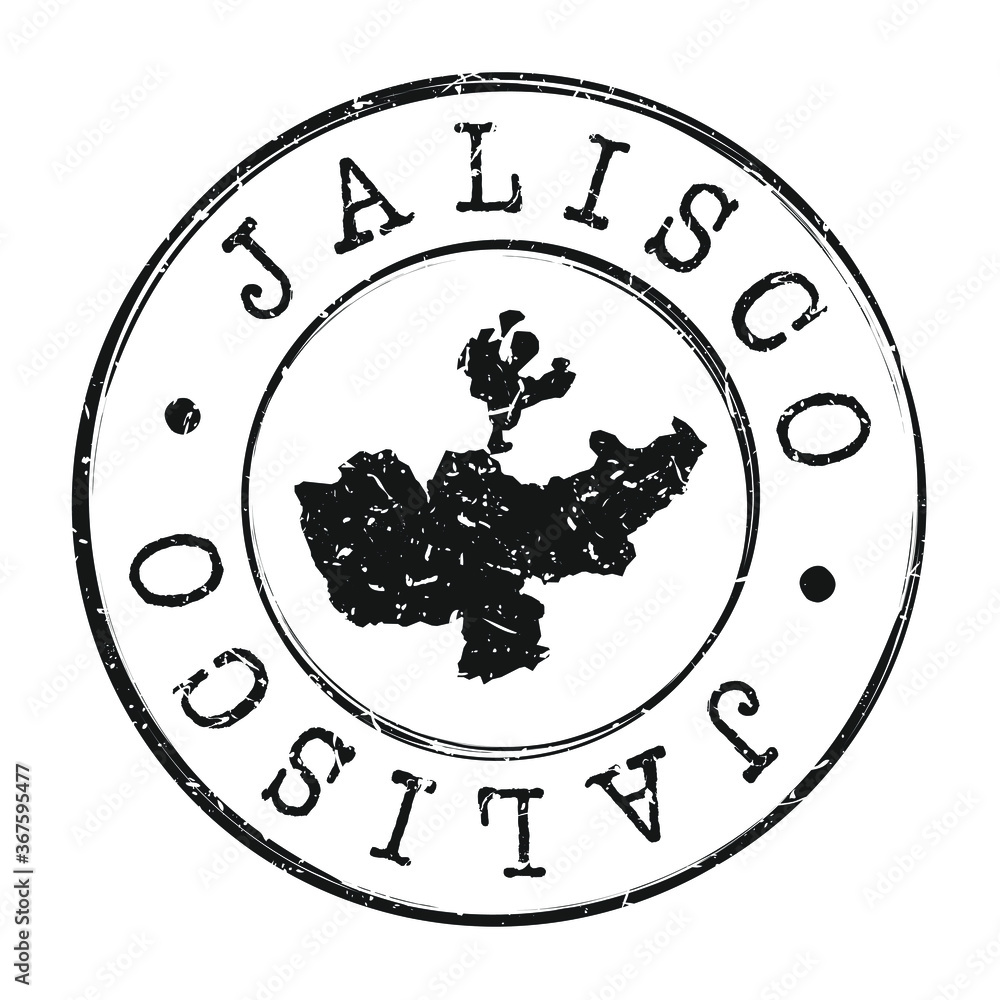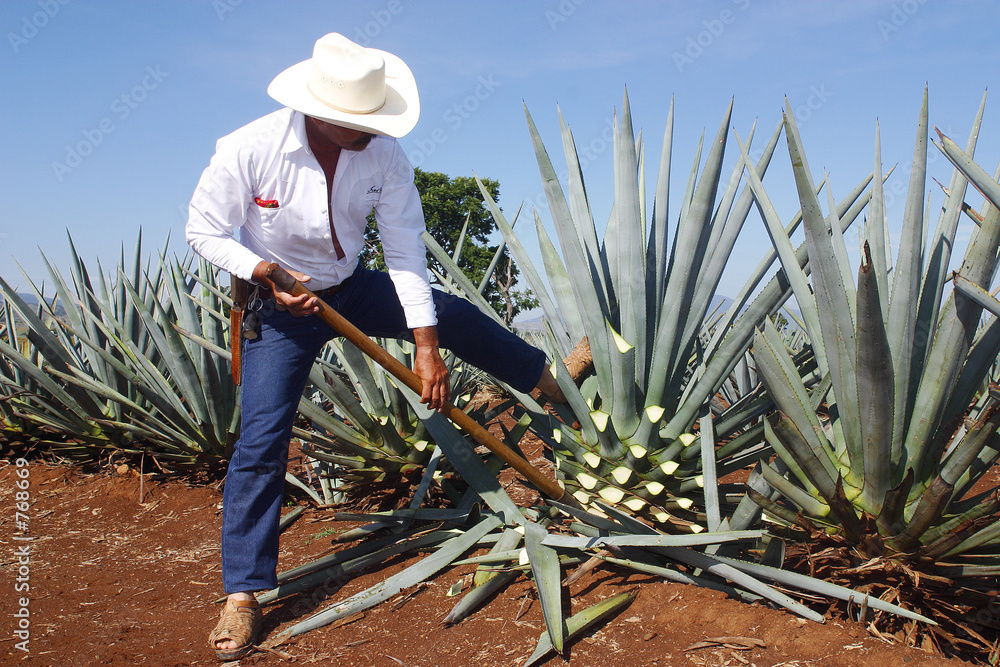 Tequila is a distilled beverage that is immediately aged. Tequila traces its roots all the way back
to 250 AD to its distant relative pulque which was a distilled alcoholic beverage using the agave
plant as well. Tequila, however, can only be produced using blue agave whereas mezcal and
pulque do not have the same stringent requirements. Blue agave grows exceptionally well in the
red volcanic soils of the Jalisco State in Mexico. There are a few other municipalities that can
produce it outside of Jalisco. Tequila primarily comes from in and around the town of Tequila in
Mexico. The father of tequila is said to be Don Pedro Sanches de Teagle who is supposedly the
first person to produce a product that is in the same style as what we call tequila today. Tequila
production grew as King Phillip II banned the new plantings of wine grape vineyards in Jalisco’s
highlands as to not combat the importation of Spanish wine thus diminishing his ability to collect
on exportation taxes back home in Spain. The Spaniards did not care for pulque and started
producing Vino de Mezcal. Eventually the Spanish would bring over copper stills and began
distilling this mezcal drink. Later on what we know as modern tequila was born in the town of
Tequila. By the late 1890’s tequila had become common to use when describing the mezcal
spirit that originated in the town of Tequila and was quite different from other mezcal spirits of
the time. In the 1930s and 1940s the Mexican film and music industries used tequila often to
help promote more Mexican heritage. During the Spanish Influenza epidemic, tequila was said
to be the greatest medicine to combat the flu.
Tequila is a distilled beverage that is immediately aged. Tequila traces its roots all the way back
to 250 AD to its distant relative pulque which was a distilled alcoholic beverage using the agave
plant as well. Tequila, however, can only be produced using blue agave whereas mezcal and
pulque do not have the same stringent requirements. Blue agave grows exceptionally well in the
red volcanic soils of the Jalisco State in Mexico. There are a few other municipalities that can
produce it outside of Jalisco. Tequila primarily comes from in and around the town of Tequila in
Mexico. The father of tequila is said to be Don Pedro Sanches de Teagle who is supposedly the
first person to produce a product that is in the same style as what we call tequila today. Tequila
production grew as King Phillip II banned the new plantings of wine grape vineyards in Jalisco’s
highlands as to not combat the importation of Spanish wine thus diminishing his ability to collect
on exportation taxes back home in Spain. The Spaniards did not care for pulque and started
producing Vino de Mezcal. Eventually the Spanish would bring over copper stills and began
distilling this mezcal drink. Later on what we know as modern tequila was born in the town of
Tequila. By the late 1890’s tequila had become common to use when describing the mezcal
spirit that originated in the town of Tequila and was quite different from other mezcal spirits of
the time. In the 1930s and 1940s the Mexican film and music industries used tequila often to
help promote more Mexican heritage. During the Spanish Influenza epidemic, tequila was said
to be the greatest medicine to combat the flu.
